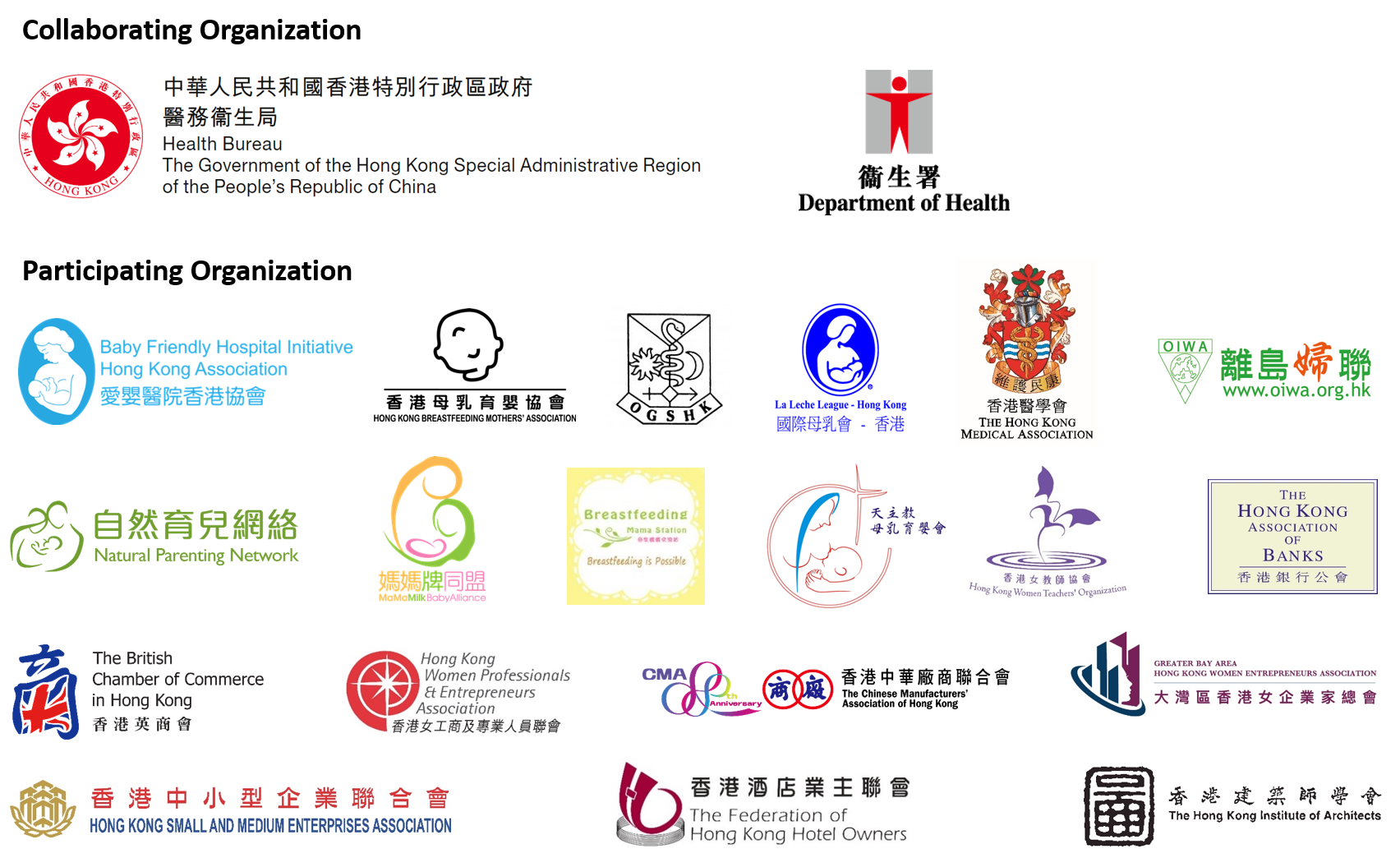Shopping Cart
-
Your shopping cart is empty!
Eat, play and love are the three key elements in early childhood development (0-8 years). According to the Center on the Developing Child at Harvard University, in the first few years of life, more than 1 million new neuron connections form in children's brains. As such, early childhood experiences are crucial for brain development – they lay the foundation for children's future learning, as well as behavioural, social, emotional and health development. If parents and caregivers seize the golden opportunity, then it will help children to realize their potential.
Adequate nutrition helps children to thrive, and breastfeeding is the first step of children’s healthy development. It lowers the risk of death, illness and malnutrition. Breast milk can never be replaced by baby formula, and breastfeeding is also beneficial to mothers' health.
UNICEF and the WHO recommend mothers to start breastfeeding one hour after birth and continue breastfeeding exclusively for the first six months. When children start eating fortified food, it can be complimented with continued breastfeeding until at least 2 years of age. When feeding children with fortified food, attention should be paid to safety and nutritional value, as well as the age needs and reactions of the children.
Since 2015, UNICEF HK has joined forces with the Health Bureau and the Department of Health to promote the Say Yes to Breastfeeding campaign. It aims to help members of the public to have a positive understanding about breastfeeding and to provide better community support at workplaces and public venues so to help mothers to breastfeed continuously.
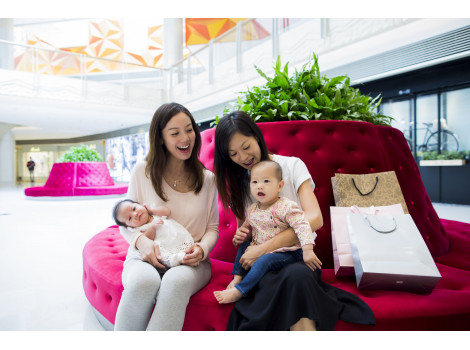
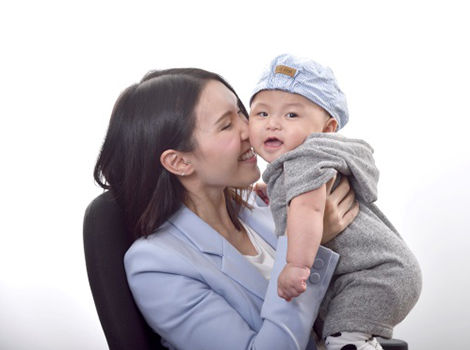
Children love to play; they have a natural drive to be playful. Yet, how many children in Hong Kong can fully realize this natural instinct? Play is not only a basic child right; it also makes children happy but also promotes their physical and mental development. In short, play is beneficial to children's growth and development. UNICEF HK advocates that children should have at least one hour of free play time per day. Free play means any game or play that is led by children and allows them to explore, discover and innovate so to develop children's imaginations.
Parents can encourage to initiate and lead games that are interactive so that children can learn the skills they need for learning. Alternatively, children can take part in role-playing games that will help them to cultivate positive world views and develop their capacity to respond. Companionship of parents and quality child-parent interactivity and recreational time are key elements to promote children's early development and brain development.
If children grow up in a safe and inspirational environment with nurturing care, then they will be able to develop their ability to achieve their full potential and build resilience against adversity. Positive parenting might be an abstract concept, but it is quite specific and easy to implement. Positive parenting can be realized through all kinds of interaction, emotional exchanges, transmittal of knowledge and communication by language. Simple things like reading with children, singing, drawing and even picnic or doing outdoor activities on weekends are good opportunities for exchanges between children and parents.
If parents and caregivers can provide continuous nurturing care and support, as well as a stable environment for growing up, then they effectively provide a layer of protection to children which enables them face with pressure and solve simple problems in their lives, such as communicating with strangers and dealing with a new environment on the first day of school. These help children to have a positive living experience and allow them to thrive.
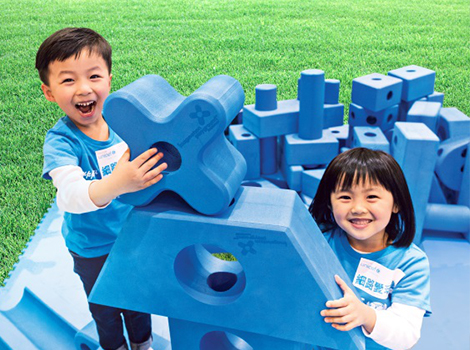
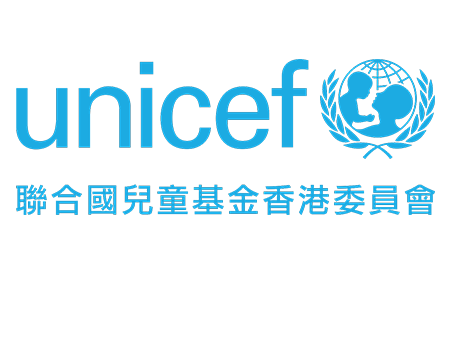
UNICEF works in the world's toughest places to reach the most disadvantaged children and adolescents – and to protect the rights of every child , everywhere. Across 190 countries and territories, we do whatever it takes to help children survive, thrive and fulfil their potential, from early childhood through adolescence.
Hong Kong Committee for UNICEF (UNICEF HK) was founded in 1986 and was established as an independent local non-government organization to raise funds through public donations, partnerships with companies, special events, etc. to support UNICEF's work. UNICEF HK also promotes and advocates for children's rights via organizing education and youth programmes in Hong Kong.
And we never give up.
unicef | for every child



